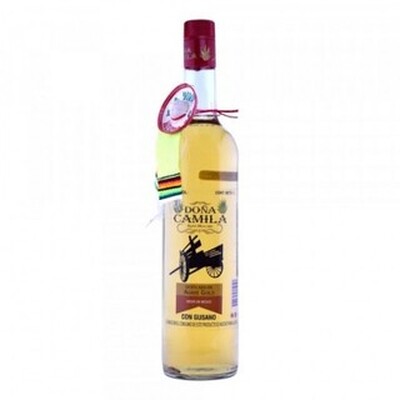-
 Find in Members
Find in Members Find in Videos
Find in Videos Find in Channels
Find in Channels
This website uses cookies to ensure you get the best experience on our website.
To learn more about our privacy policy Click herePrivacy Preference
- Tags - #redwine #vino #lowtannin #tannins
-
- Last updated May 17, 2022 0 comments, 219 views, 0 likes
More from vino passion
More in Politics
Related Blogs
Archives
Why You Might Prefer Low Tannin Red Wines
Body
Tannins are water-soluble polyphenols found in wine grapes and also in certain fruits, leaves, bark, nuts, and seeds. In red wine, tannins add structure, enhance flavor, and augment color. We all know that some of us need to avoid tannin (which can be bitter) but may not know why. If you dislike bitter beers, kale, black coffee and radicchio then you might fall into this category.
Low tannin red wines make a great choice for those who enjoy drinking wine, but don't like harsh, bitter or astringent flavours. These wines are generally smooth and mellow, with light to medium body.
Some of us have a heightened sensitivity to bitterness, which means we find it unpleasant when something tastes bitter or astringent. Supertasters are 25% of the population and include those who find coffee and other bitter foods distasteful. These individuals may develop a sensitivity to tannins in wine as well, which are found in the stems and seeds of grapes. This can result in an unpleasant taste sensation.
Low tannin red wines are low in astringency, making them easier to enjoy and more versatile with food. The lower acidity of a light red wine will also tend to feel less dry on the palate, which is sometimes desired when pairing with food.
The tannins found in the stems, seeds, and skin of grapes are responsible for the bitterness that some people find unpleasant. Low tannin red wine varieties are not bitter, but sweet and fruity. These wines are often ideal for someone looking for a good introduction to red wine, or maybe just looking for a change from your everyday Cabernet Sauvignon or Merlot.
One of the factors that affect how a wine tastes is the level of tannin. Tannins in wine come from two sources, grape skins and seeds. Red wines tend to have more tannins than white wines.








Comments